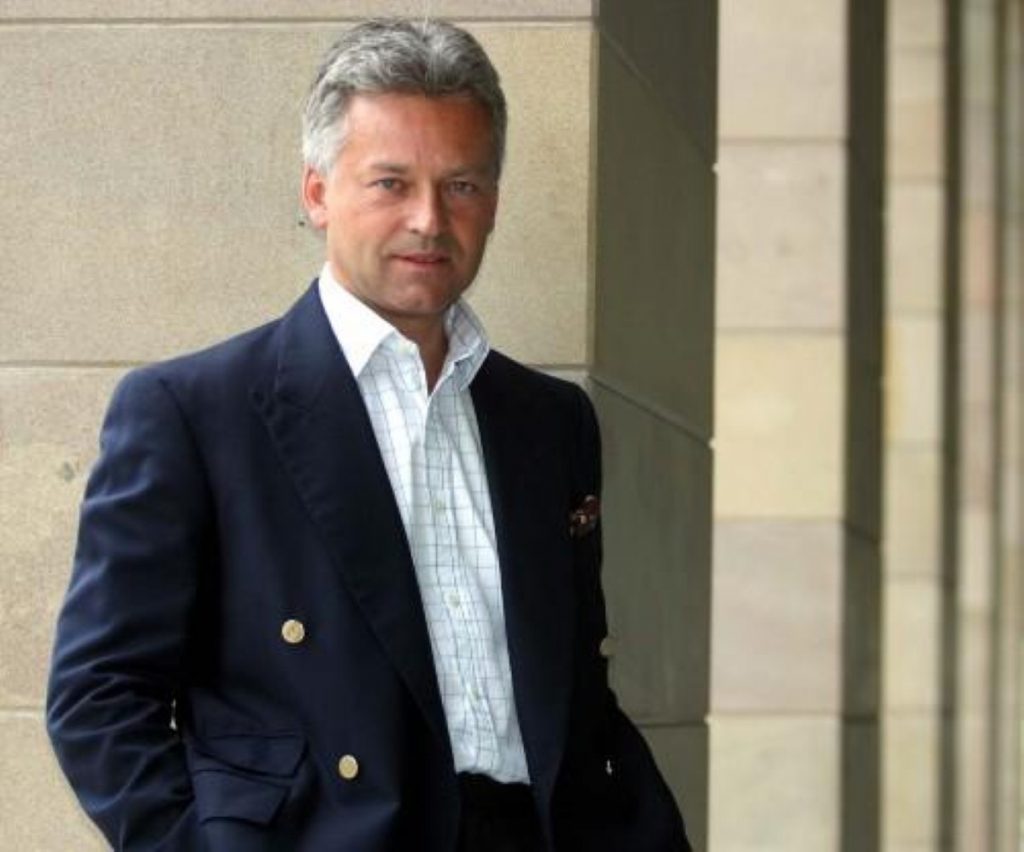Duncan: We must re-civilise Britain
Alan Duncan has argued that Britain must be re-civilised – or risk a decline into the chaos of Lord of the Flies.
In a speech to the Centre for Policy Studies, the shadow trade and industry secretary said education, authority, and politics had to be reformed to prevent this from happening.
“If there is one thing we should want in this country, it is that people should be upwardly mobile,” he said today.
“Labour make a lot of noise about social inclusion, but they have presided over the significant growth of an impoverished underclass. In terms of the ultimate in social mobility, a smaller proportion of Oxford & Cambridge students come from the state sector than was the case thirty years ago.”


To reverse this trend, Mr Duncan said educational standards had to be restored, and to do this “the basis has to be that old-fashioned word, discipline”.
Authority was also a key theme.
“The collapse of authority cannot remain undiscussed,” Mr Duncan said.
“If there is no fear of authority, there is no respect for it. It cannot make sense in a civilised society for children of school age to face the discipline they need in court rather than in class or in the home,” he argued.
“We are condemned to decline if adults and institutions remain unable to reclaim authority over younger people. Living out in real life the disturbing plot of William Golding’s Lord of the Flies risks corroding Britain’s well-being.”
There should also be a distinction between the government and the state, the shadow minister said.
“The moral authority of the government is tied to its successes,” Mr Duncan pointed out.
“There have been too many failed schemes introduced through the central directions of the state and so its moral authority has waned.”
To combat this “we need to revive independent institutions with a power and a purpose of their own”, he said.
“That is why we are so determined to empower local government once again, and to stimulate the growth of voluntary bodies and other private associations which can take responsibility for the management of a neighbourhood.”
The final tranche of his argument was a restoration of trust in politics.
In the last ten years Mr Duncan argued that “the civil service has been browbeaten; the Foreign Office has been emasculated; critics have been ostracised, or seduced; parliament has been neutered; and truth has taken second place to propaganda”.
Language and statistics have been corrupted and the constitution “gerrymandered”, the shadow minister argued.
“One eminent professor has dubbed their style the ‘politics of symbolism’,” he said.
“This is a disaster for any political system. We need an end to this ‘popcorn politics’.”
And all of this was seen as a good sign for the opposition by Mr Duncan.
“There is a new mood which will not just permit us to have the courage of our convictions – it is asking us to,” he said.
“We must use our new-found confidence. I am more optimistic about our fortunes and our prospects than I have been for 15 years.
“We can afford to be braver, and if we are to see the social responsibility we are striving for, we must make sure that as politicians we show that courage now.”

